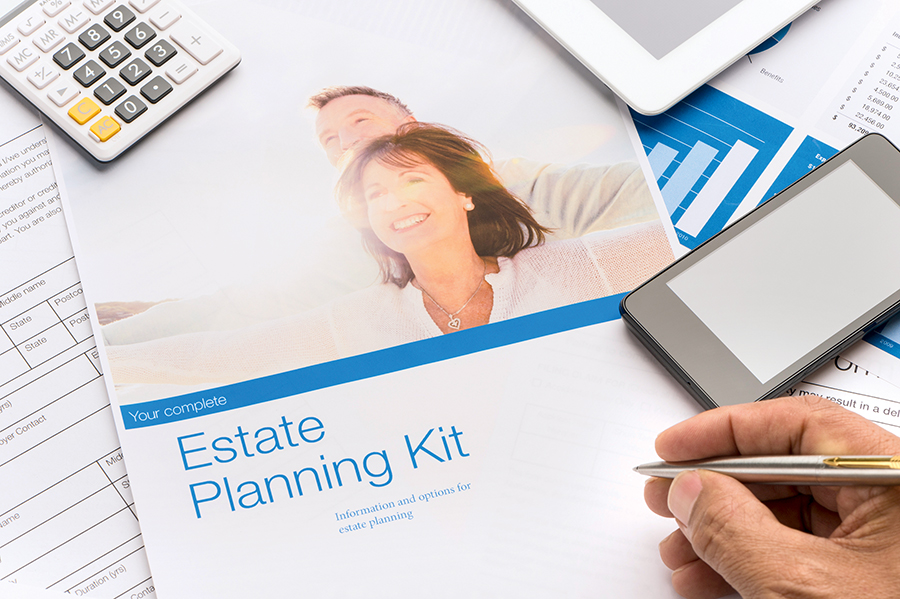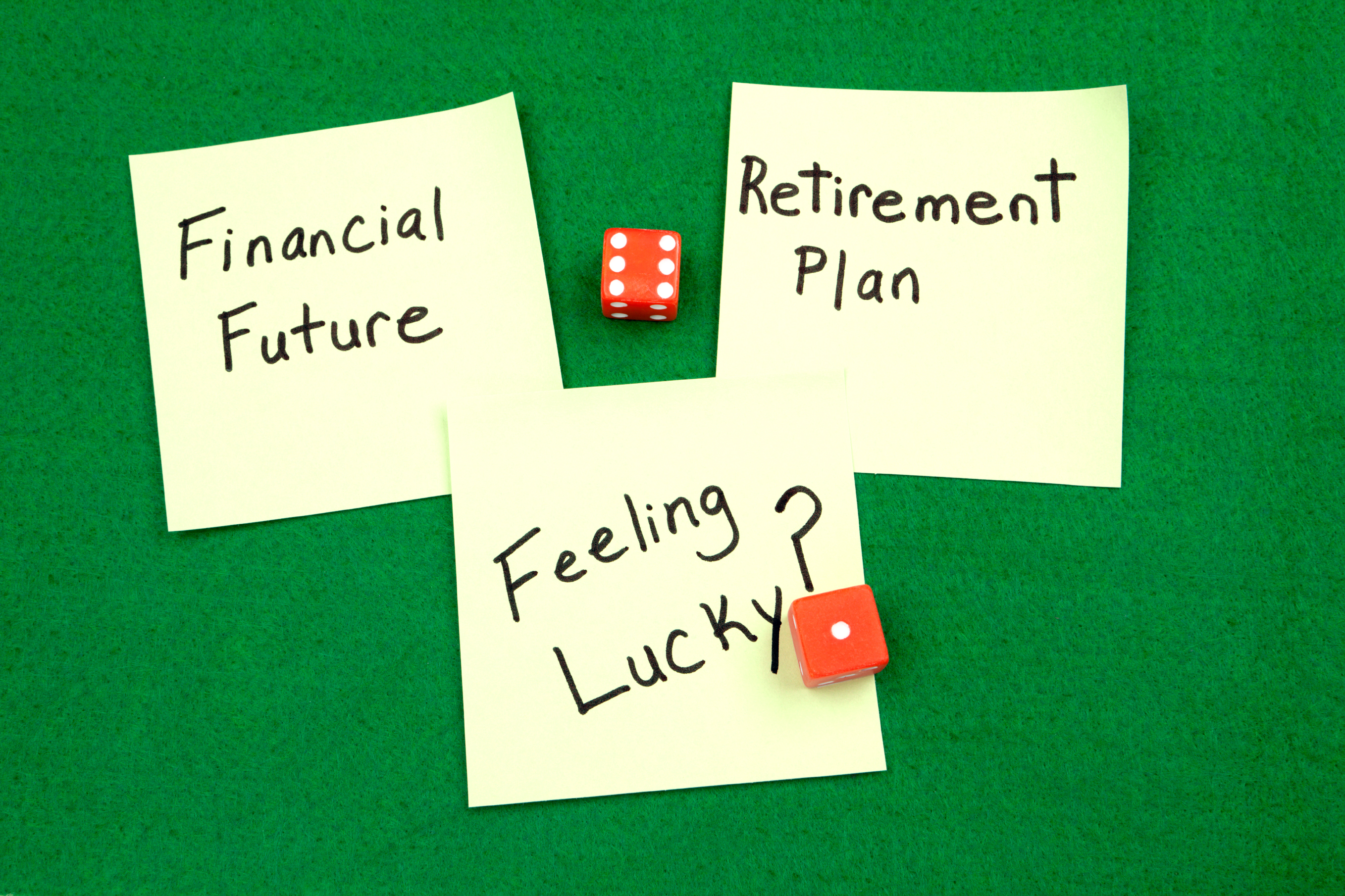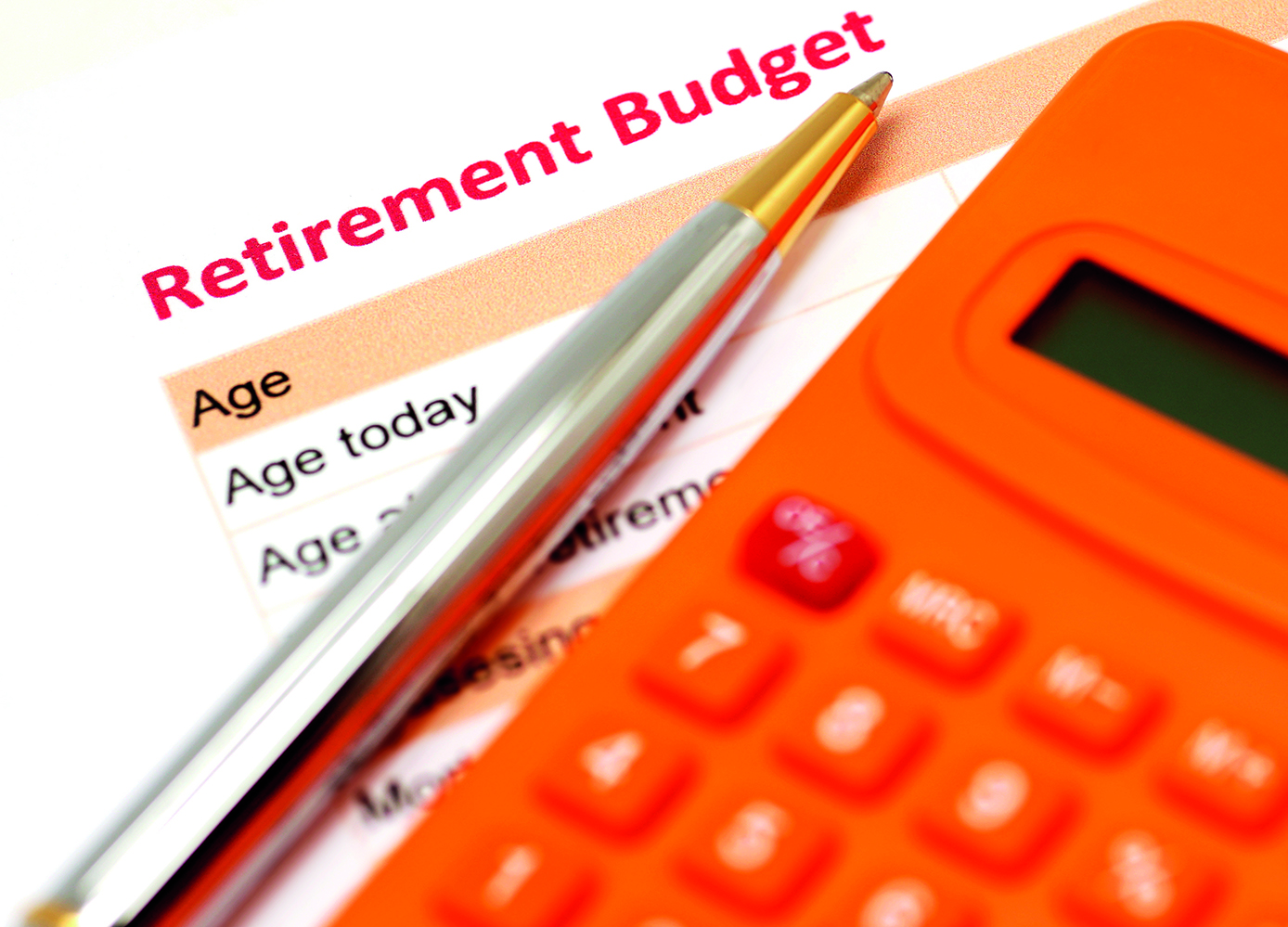Find out where retirees most often go wrong
By Olev Edur
If you do it right, retirement can be a fabulous time of life. But one of the difficulties in getting it right is that so many aspects of your life suddenly have to be rearranged. In addition to the obvious occupational and social adjustments, your income and its sources may change dramatically, new tax rules may come into play, your investment portfolio may need restructuring from growth to income orientation, life insurance can assume a new role, your estate may require more attention—the list goes on.
What’s more, all of these differing aspects, financial as well as personal, are interconnected, so a minor change somewhere can sometimes have major repercussions elsewhere. You have to see the total picture to appreciate how all the pieces of the puzzle can best fit together, and you must also understand how the pieces themselves work, so it’s easy to make mistakes unless you’re extremely knowledgeable about finance—or know someone who is.
With proper planning, most retirement difficulties can be avoided or at least mitigated, and even rudimentary efforts can sometimes yield bountiful fruit. You can also become better prepared for any necessary future adjustments to your retirement plans. It’s perhaps not surprising, then, that when we asked several financial experts what they saw as the worst mistakes people make in the transition to retirement, planning (or more accurately, lack thereof) was the connecting theme.
“Everybody is going to retire sometime,” says Mark Hartman, a financial advisor with Edward Jones in Exeter, ON. “Sure, lots of people say that they plan to work forever, but everyone retires at some point. Yet a lot of people aren’t making any plans before retirement, nor are they doing any planning during retirement.”
Hartman cites a survey that found that three-quarters of respondents didn’t know how much money they would have to spend in their first year of retirement; other studies have found that many people nearing retirement have no idea how much they’ll be getting from Canada Pension Plan (CPP) and/or Old Age Security (OAS) and its adjunct, Guaranteed Income Supplement (GIS), yet some said these programs would be their main sources of retirement income.
Be Realistic

As for choosing an advisor, you need to look at credentials and association memberships, check references, and talk with several prospective candidates to find the best fit. “When you’re making a decision this big, you need to do your homework,” Hartman says. “You should keep interviewing people until you find someone you like and can trust.”
Catherine Hurlburt, senior financial planner with Assante Financial Management Ltd. in Vancouver, agrees that failing to plan for retirement is asking for trouble—sometimes very costly trouble—but adds that, to work properly, the plan must be realistic. “One of the big problems I see is people being unrealistic about what it’s going to cost to maintain the lifestyle they want during retirement,” she says.
“I can design a retirement plan based on $5,000 a month if that’s what clients say they need in order to do what they want to do,” Hurlburt says. “But when you see them earning and spending $7,500 a month and yet they still have credit card debt, you have to wonder if $5,000 is enough. Maybe they also neglect to mention that they need a new car, the roof leaks, and their daughter’s getting married. What they tell me is what I have to go by, but they’re being untruthful with themselves.”
Often this false assumption leads to inadequate budgeting and that initial misstep initiates a predictable downward spiral.
“Rather than admit to me—or themselves—that they’re going wrong, they turn to debt to solve their problems,” Hurlburt says. “One woman said she refused to retire before her mortgage was paid off, and she did pay it off before she retired—by using up her $50,000 line of credit.”
When the debt begins to mount, the next resort is often withdrawals from savings plans and, with registered plans (RRSPs, RRIFs, etc.) now predominating the Canadian retirement savings landscape, lump-sum withdrawals can be particularly costly. They’re fully taxable and could bump you up into a higher tax bracket, trigger the OAS clawback, or affect your entitlement to provincial credits or subsidies—and deplete your savings prematurely.
“If you needed to withdraw $10,000 from an RRSP, the tax bill could be $4,000,” Hurlburt says, adding, “I don’t know about all the other provinces, but British Columbia’s drug program is income sensitive, so the more taxable income you have, the more you pay for your drugs as a senior. Then there’s the OAS clawback at about $68,000 or so, so people here could end up paying 40 per cent tax, as well as paying more for prescription drugs and losing some of their OAS along with other government social benefits.
“RRSP withdrawals are highly tax-inefficient as a way to deal with large shortfalls,” Hurlburt says. “You should have a TFSA [Tax-Free Savings Account] because there’s no tax bill on withdrawals”— and you get equivalent contribution room back the following year.
A Will Is Only Part of Estate Planning
Tony Maiorino, vice-president and head of RBC Wealth Management Services in Toronto, agrees that lack of planning can be a problem and points to the estate as an area that’s often not given the attention it merits.
“An estate plan consists of three interlinked elements,” Maiorino says. “Obviously there’s the will, and there are the powers of attorney for both property and personal care, and then there’s the question of how your assets are awarded.
“Lawyers will do wills, and they’ll do powers of attorney maybe as an afterthought, but if you want to make sure that you get the right medical care and that the right financial decisions are made on your behalf, then you need to spend some time thinking about your estate plan. What do you want to do, and who do you want doing it?”
When it comes to the awarding of your assets, Maiorino cautions, how you own those assets can be as important as what you own. “For example, a lot of people put assets into joint ownership with one of their children for convenience, but that can negate any planning done with respect to your powers of attorney for property. If you become incapacitated, the one child has total control over those assets.”

Photo: iStock/Courtney Keating.
Similarly, Maiorino points to instances in which couples plan their wills together but don’t take life-expectancy probabilities into account. “They make a plan but fail to think that, statistically, the husband is likely to predecease the wife, so everything ends up going to her,” he says. “If she meets someone and remarries—after all, she may have another 20 or 30 years left and may not want to spend it alone—then any existing will of hers becomes void and the whole plan is undone.
“You need to have an estate plan that deals with all of those issues,” Maiorino says. “You need to consider those three elements together: the will, powers of attorney, and the disposition of your assets are all interlinked.”
Make Your Money Work
Gaetan Ruest, vice-president of corporate research at Investors Group in Winnipeg, raises another retirement-planning issue.
“Part of my research involves evaluating how Canadians accumulate savings over time, as well as how they use their savings,” he says. “One thing I see is that sometimes people can get married to their wealth. People accumulate money towards their retirement over many years, and then they get scared and don’t want to lose any of it. They save up maybe $200,000 or $300,000, but then they won’t use it for its intended purpose, which is to supplement their retirement income. Maybe they get emotionally attached to the belief that a big balance reflects how well they’re doing. But wealth should be a means to an end, not an end in itself.”
According to Ruest, this tendency manifests itself in, among other ways, people holding on to an excess of cash or low-paying deposit-type investments such as savings accounts and GICs. “They won’t lose anything because these investments come with a high degree of safety, but they don’t pay enough to generate a decent level of income,” he says.
“You can’t lose sight of why you accumulated that wealth in the first place,” Ruest continues. “If you accumulated it just to be wealthy, well, okay, that’s one thing. But if, like most people, you did it to supplement your retirement income, you need to focus on that purpose and have a long-term plan for using that money. From this perspective, keeping a third or more of your portfolio in cash doesn’t make a lot of sense.
“You need to look at all your investment options,” Ruest says. “You could, for example, allocate some of your money to generating a guaranteed base level of income, perhaps with an annuity, and put the rest somewhere that it can actually generate a return above the rate of inflation. With equities, you get some volatility, but you also get higher returns. If you need guarantees, insurance products can often provide these more efficiently than big blocks of low-paying deposits. Find out your options. Ask your advisor what’s available that will meet your needs for income and security.”






